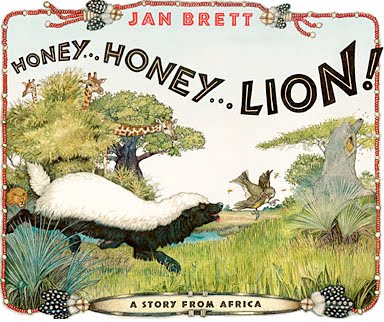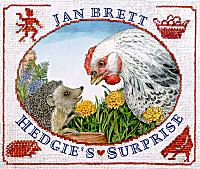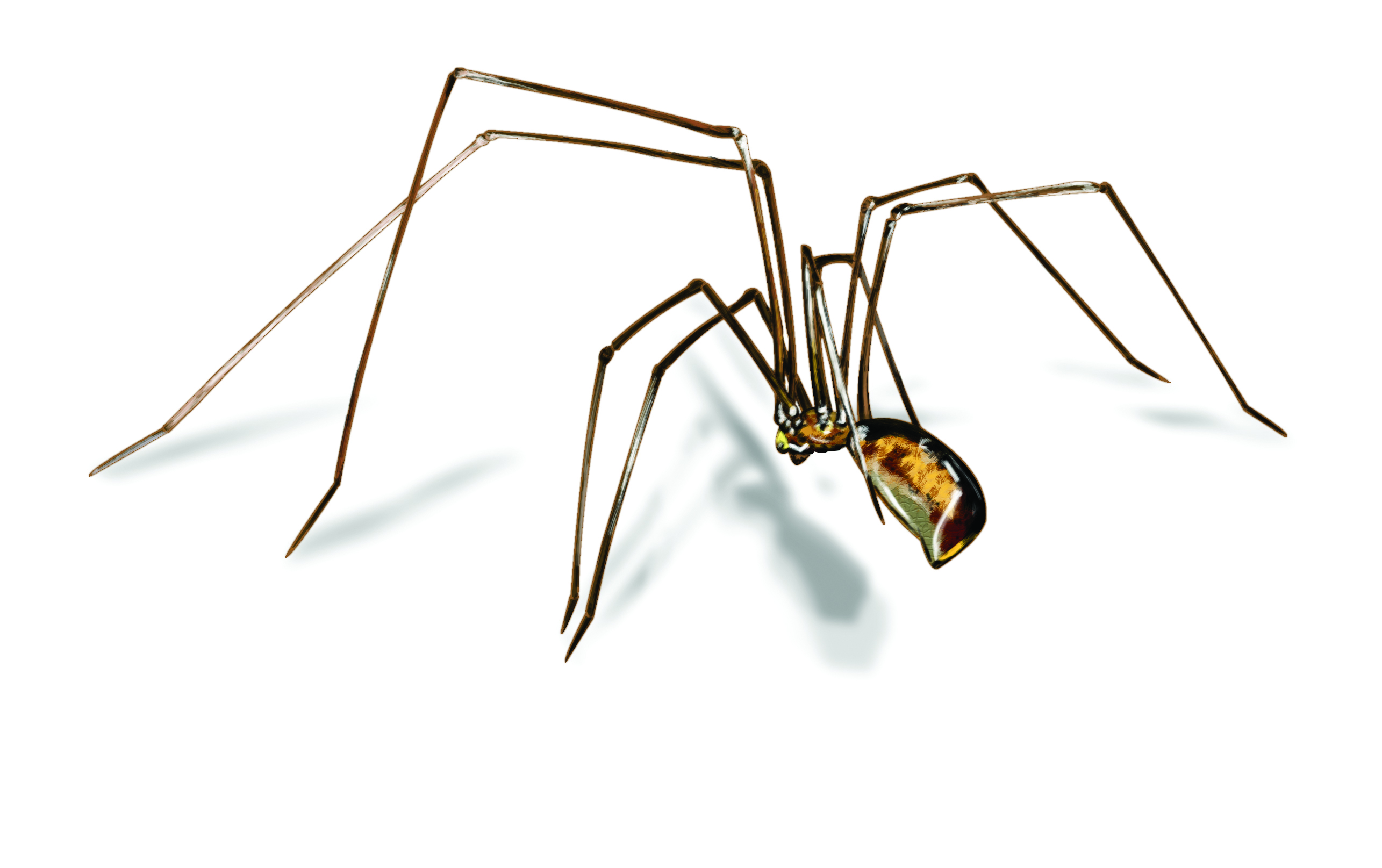GET INTO THE BOOK!!!
What a WONDERFUL first quarter! Now, in second quarter, we are more deeply getting into the book! During this next module, we will use a variety of comprehension strategies (making connections, predicting/inferring, questioning, monitoring, summarizing, evaluating) as we listen and respond to a variety of literature. We will read cumulative tales, circle stories, and animal stories. We will discuss the roles of the author and illustrator as well as define characters and setting. Students will retell stories in a logical sequence and ask and answer questions based on the text. We will continue our study of identifying words and pictures that rhyme, as well as producing our own rhyming words. We will compare and contrast our Jan Brett stories as we think aloud about the characters, setting, and major events of each story. We will read about "juicy" (descriptive) words while reading The Napping House and will include juicy words in our own conversations and individual work.
·
Snappy Words
and, are, do, for, have, here, look, play, she, he, was
In Readers Workshop we will:
- Close our books and retell what happened in the book using the words first, next, then, last
- Monitor if we are reading too fast, too slow, or just right
- Practice using ALL of our strategies to help us figure out tricky words
- Make connections to the stories by sharing with our reading partner
- Re-reading our books to sound fluent
- Predict what will happen next or even after the story is over
- Choose fiction books to read for enjoyment and choose nonfiction books to learn new information
- Read a book and then tell facts/things they've learned from the book
- Ask questions before, during, and after reading a book
- Increase our stamina while reading independently
Please continue reading books nightly with your child.
Please continue practicing sight word cards nightly :)
In Readers Workshop we will:
- Close our books and retell what happened in the book using the words first, next, then, last
- Monitor if we are reading too fast, too slow, or just right
- Practice using ALL of our strategies to help us figure out tricky words
- Make connections to the stories by sharing with our reading partner
- Re-reading our books to sound fluent
- Predict what will happen next or even after the story is over
- Choose fiction books to read for enjoyment and choose nonfiction books to learn new information
- Read a book and then tell facts/things they've learned from the book
- Ask questions before, during, and after reading a book
- Increase our stamina while reading independently
Please continue reading books nightly with your child.
Our New Favorite Books
If You Give A … stories by Laura Numeroff
Today is Monday by Eric Carle
I Know An Old Lady Who Swallowed a Fly (and other versions)
Fritz and the Beautiful Horses by Jan Brett
Annie and the Wild Animals

Dear Zoo by Rod Campbell
- Beginning and finishing a new story every day (Beginning, Middle, End)
- Creating work that is "easy to read"
- Planning our stories first across our fingers or by touching our pages before we begin to sketch or write
- First sketching our pictures across pages so we don't forget our exciting idea
- Including the words "first," "next/then," and "finally/last" to show organization
- Stretching words out slooowly to write down one letter for each sound we hear
- Saying a sentence out loud before writing it down on paper
- Using finger spaces to make our writing "easy to read"
- Creating speech bubbles to make our people talk
- Including punctuation marks to show where the sentence stops
- Monitoring our own writing - writing a little, then re-reading our writing to see if what we have written makes sense
- Providing feedback to our writing partners to give tips on how to make our writing "easier to read"
- Including "juicy" words in our writing to describe people, places, or things
- Including sight words in our work and checking to see if we have spelled them correctly
- Increasing our stamina while writing independently










































